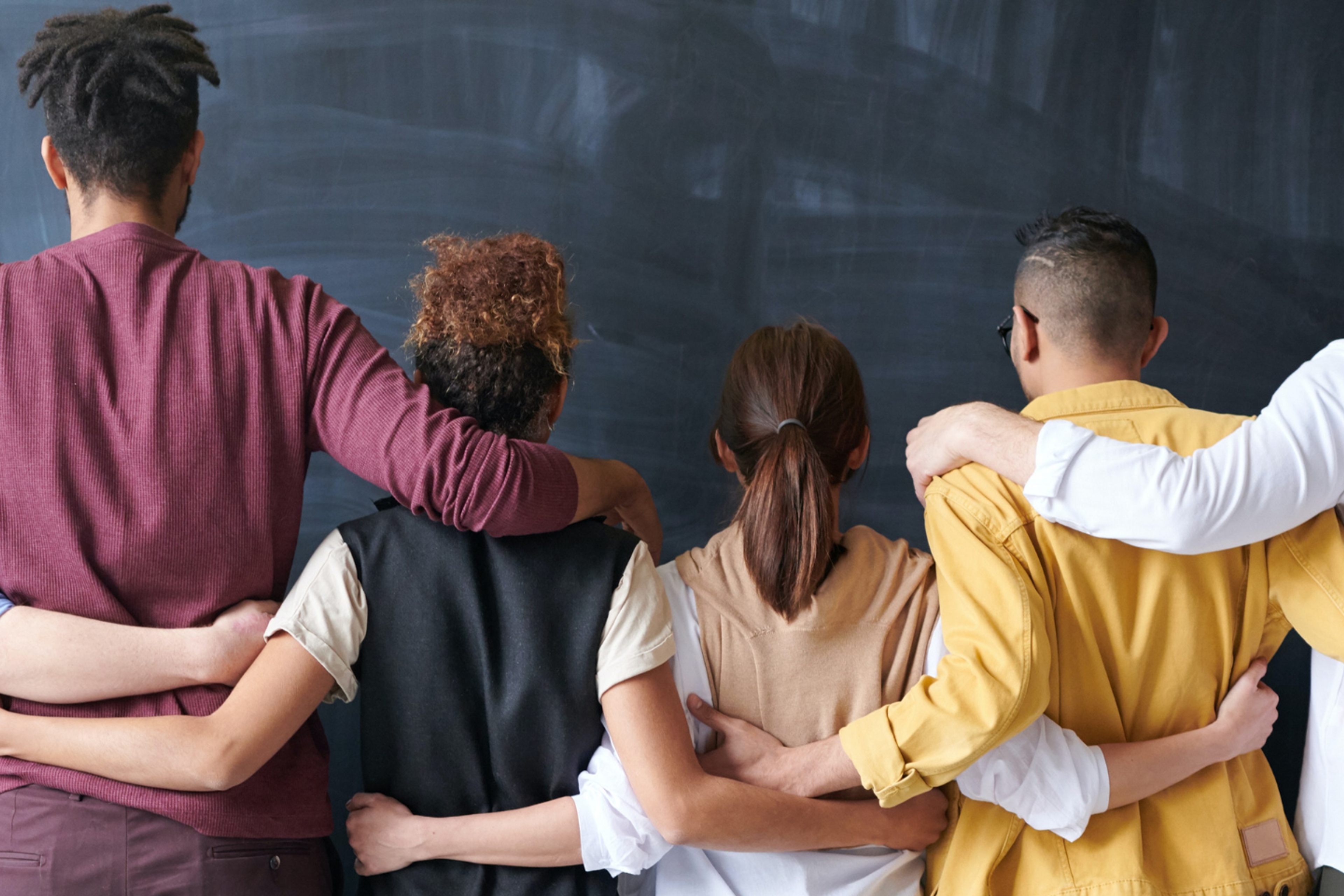While pursuing higher education has endless benefits and opens doors to exciting opportunities, the college experience often comes at a hidden cost. According to the American College Health Association, over three-quarters of college students (77%) experienced moderate to serious psychological distress in 2022.
Students at any institution, in any major, are subject to stress and anxiety related to newfound freedom, academic expectations, social engagement, self discovery, and so much more. This creates an uphill battle for career services staff trying to get their attention. The good news is your team can support students’ well-being holistically and responsively, even without formal mental health counseling experience or training. The key is mindfulness.
Mindfulness is the non-judgmental acknowledgment of one’s thoughts, feelings, sensations, and environment at any given moment—and using it as an ongoing mental health tool can help manage or alleviate stress. Many resources available to address common mental health concerns amongst college students are free of charge and don’t require a specialized facilitator, so we’ve compiled a list of our favorites to add to your toolbox.
Stress decision framework for students navigating decision-making
Perhaps a student is weighing the pros and cons of changing their major or they’ve been offered two internships and can’t decide which is a better fit. Spending a few minutes on this resource in a coaching appointment can help a stressed student externalize and organize their thoughts, think critically about their options, and create actionable next steps.
The dare question for students navigating self-doubt
At some point in your career you may have asked, or been asked, the popular question, “What would you do if you knew you could not fail?” This prompt allows students, especially those who experience things like imposter syndrome, to see past barriers to their success. Though the answer itself may not seem attainable in the short term, an aspirational vision combined with the expertise of a career educator can assist a student in creating a more confident path forward.
Reverse the rabbit hole for students navigating anxiety
College students are no strangers to variables. Uncertainty can be anxiety-inducing and lead to unhelpful thought patterns—often beginning with “What if…” and ending in a worst case scenario. While student concerns should always be acknowledged, this resource can assist you in reframing some of them. In time, practicing combatting potential negative outcomes with positive ones could become your students’ newest habit.
5-4-3-2-1 method for students navigating burnout
Like any muscle, the brain can only take so much. If a student enters a coaching appointment tired, worried, overwhelmed, or all of the above, it might be time for a quick grounding exercise. One way to help a student calm racing thoughts and come back to the present moment is to encourage them to identify the following:
- 5 things they can see
- 4 things they can touch
- 3 things they can hear
- 2 things they can smell
- 1 thing they can taste
Additional resources for beyond the coaching session
- [Worksheet] Creating a mindfulness anxiety plan
- [Handshake Network Trends] The class of 2023 forges ahead
- [Handshake Access 2023 recording] How to maintain mindfulness as a throughline in all parts of your life
Embedding mindfulness techniques into the professional development experience is more important than ever as students continue to report negative mental health impacts due to pandemic-related circumstances. We hope these resources will be helpful not only to your students, but also to you personally as a career educator and vital member of your campus support system.
